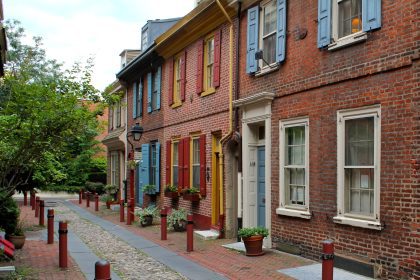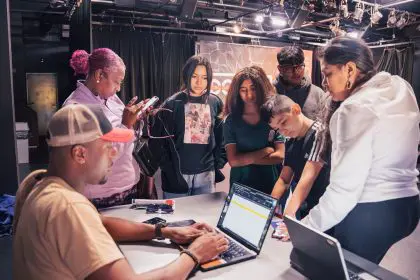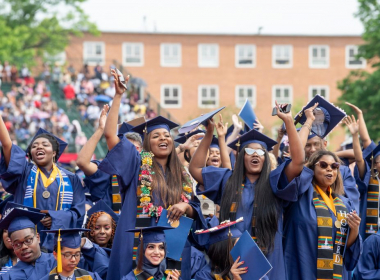 So much time, money, resources and manpower over the years — and even over the course of decades — have been devoted to studying the high failure rate of black male students who drop out of high school and colleges in inordinate numbers compared to their white counterparts.
So much time, money, resources and manpower over the years — and even over the course of decades — have been devoted to studying the high failure rate of black male students who drop out of high school and colleges in inordinate numbers compared to their white counterparts.
Very few studies, if any, have been concentrated on analyzing black and Hispanic male success in the classroom at the prep or collegiate levels and outlining them in a concise way so that the success can be replicated.
Enter Shaun Harper, a graduate professor at the University of Pennsylvania.
The director of the Center for the Study of Race and Equity in Education was in attendance at HBCU giant Morehouse College’s annual “Black Male Summit” to decry the popular but erroneous belief that very few black men are succeeding scholastically — and to give the common denominators to that success.
“It was important for me to be there because almost all the research I do has to do with African American male success,” he said. “We’ve become known for reframing deficit narratives in discourses of young black men. So I felt that this was a powerful occasion to come to Morehouse to advance that work in collaboration with Morehouse and the White House Initiatives. So it was an opportunity to come and be a spokesperson for the anti-deficit.”
“Succeeding in the City” is a 7-month-old report on black male and Hispanic male high school students. “These were students at traditional public high schools; they were not at charter schools. They were also students who all came from lower income families. So we’re not talking about wealthy, privileged kids. These were kids who were doing incredibly well and who were all college bound and college ready. In fact, they are all in college now.”
Harper’s research team attributed levels of success to several factors, including:
- Consistently high expectations from parents and families
- Reputations that exempted them from gang recruitment
- A desire to transcend poverty
- Meaningful relationships with caring teachers and other adults in their schools who foster innovative college-going cultures and respectful educational environments
The study also examined 90 black and Latino male undergraduate students at 44 colleges and universities across the country. The data collected from the college participants revealed the following:
- Approximately 75 percent applied exclusively to public colleges in New York because these were the only schools to which they were introduced
- Students felt intellectually prepared for college
- Few students established substantive relationships with professors (a key factor in high school success)
“You will see a report from my national black male college achievement study which distills down into bite-size pieces the best of what I learned about black male undergraduate achievement who were successful in 42 colleges in 20 states across the country, including Morehouse.
“And I really impart in those two studies how these young men succeeded in high school and college,” Harper said.
Finally. A set of empowering and enlightening studies that provide answers to why black and Hispanic male adolescents do experience success in the classroom — instead of always pinpointing their failure.
What a concept.
















